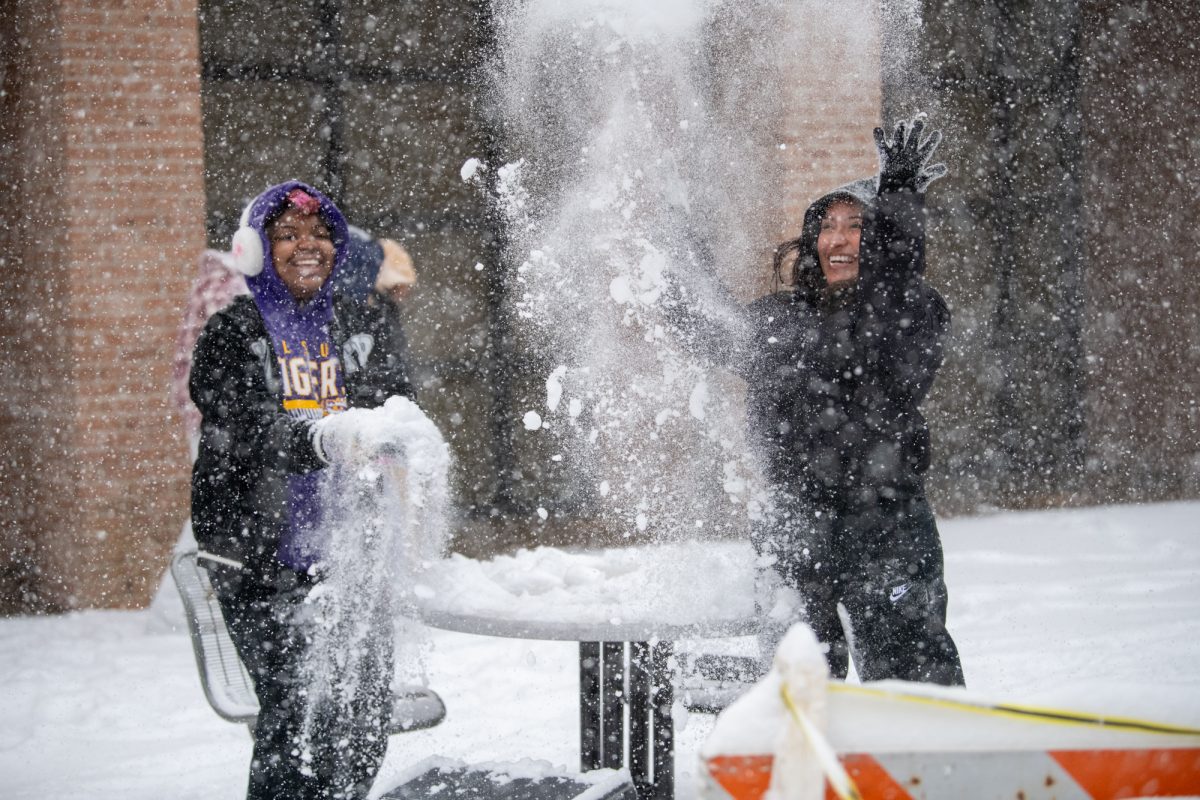Students who enjoy complaining about unfair test grades or praising teachers for numerous extra credit opportunities can do so in a way that actually matters this week.As the semester comes to an end, each department distributes teacher evaluations to give students a chance to share opinions about their instructors.But each department handles evaluations in different mannors. The instructor generally appoints a class member to pass out scantron evaluations during the first or last few minutes of class. The evaluations are a mix of multiple-choice agree and disagree questions and open-ended, essay questions. Professors are required to leave the room while students fill out the evaluations.After the surveys are completed, the appointed student collects the surveys and brings them to the appropriate department office. The evaluations then go to the Office of Assessment and Evaluation, a branch of the Center of Excellence in Learning and Teaching. Robert Melson, CELT manager, said the office creates the surveys and handles the scanning and reporting of the results to the various colleges.”Each college, and sometimes department, uses its own instrument and makes all decisions on who gets them and what they are used for,” Melson said.Instructors receive the reports gained from the evaluations as well as typed comments. It usually takes several months before they receive the results.Gary Byerly, associate dean of the College of Basic Sciences, is responsible for teaching assessments in the College of Basic Sciences.”Evaluations are critical for salary adjustments, promotions, tenure decisions, annual award competitions and for determining future teacher assignments,” Byerly said.Byerly said he looks for outstanding teachers and poor performers. Outstanding teachers immediately receive letters of commendation, and poor performers are given suggestions on how to improve.”We do actually remove bad teachers from classes and reassign them to different jobs, typically supervision of laboratories,” Byerly said. “Instructors can and are fired for poor instruction over a period of several years. For tenured faculty, it is more difficult but can still lead to a similar fate.”Earl Cheek, chairman of the Educational Theory, Practice, Policy and Procedure Department, said in the College of Education, the reports are used in an annual Faculty Activity Report meeting. Teachers sit down with Cheek for a one-on-one discussion about their teaching successes and failures.Cheek said students have adequate time to fill out evaluations and make comments, but he rarely sees many comments. Cheek said the comments made are usually to one extreme or the other.—-Contact Jack LeBlanc at [email protected]
University: Teacher evaluations have lasting effects
December 2, 2008





